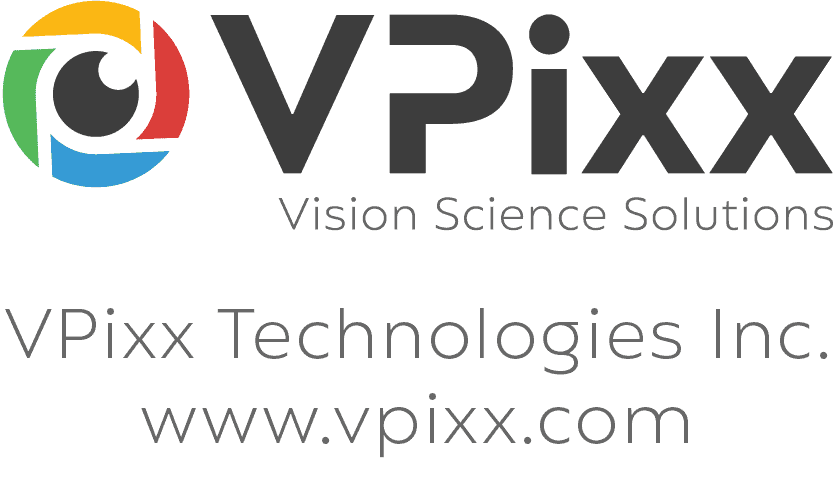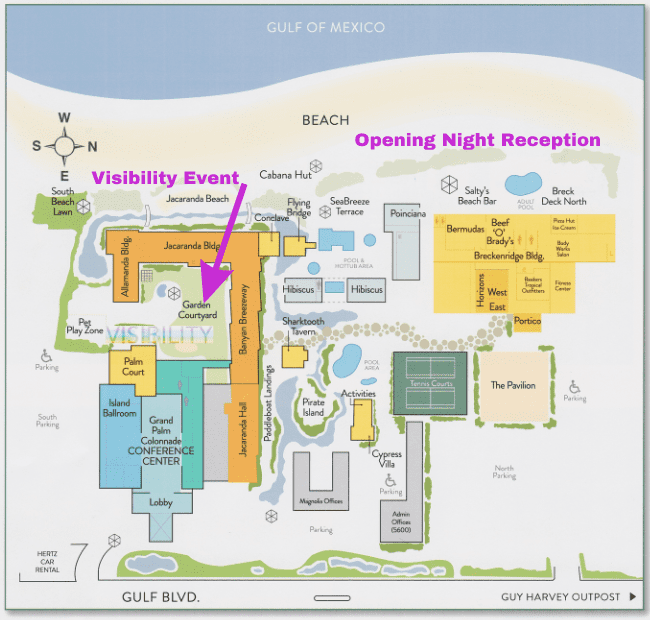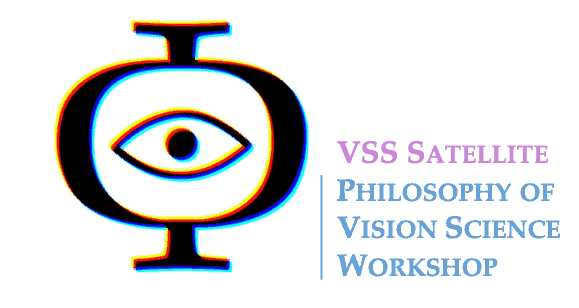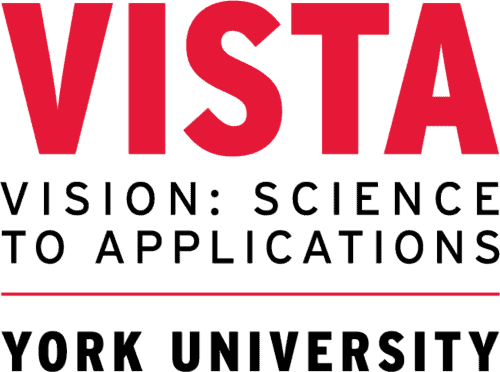Monday, May 22, 2023, 2:00 – 4:00 pm, Jasmine/Palm
Organizers: Sabrina Hansmann-Roth, University of Iceland; Bjoern Joerges, York University; William Ngiam, University of Chicago; Janna Wennberg, University of California
It is customary for conference posters to contain at least preliminary results. However, feedback and suggestions with regards to the experimental design – a major benefit of poster sessions – would be most helpful before data collection has started. In hopes of achieving this, we will be hosting a pre-data collection poster session.
Receiving feedback at this early stage promotes rigorous and impactful science – researchers can identify confounds, hidden assumptions, or other concerns that would likely be raised by reviewers. This cuts down research waste as suggested changes can be implemented before resources are committed. Researchers may even learn of similar studies and potential issues, helpful resources, or opportunities for collaborations between labs. This mirrors Registered Reports, an Open Science initiative, where peer review of a pre-registration occurs before data is collected.
Interested VSS attendees will be asked to sign up by indicating their research topic and a short (250 word) description of their research idea and preliminary design. Registration for this event will be just-in-time (deadline: May 1). Those selected will be asked to prepare a conference poster which focuses on the theoretical background of the study and their proposed study methods. There will be a maximum of 40 posters, and spots will be granted on a first come, first serve basis.
We are aware that, under an adversarial, competitive view of academia, this event may place presenters in a vulnerable position – participation publicizes research ideas without allowing them to formally lay claim through a publication. We encourage poster viewers to be mindful, using this event to establish collaboration with presenters and improve science. We will be creating an Open Science Framework Meetings page if presenters wish to upload their pre-data posters, providing a verification and timestamp of their research proposals. However, ultimately if you are worried about getting scooped, presenting your idea at this event might not be the right decision for you.
If you want to present a poster on your proposed research design, you can submit your abstract using this Google Form. If you merely want to browse and comment on the posters, no registration is necessary.
Update May 2nd: Submissions are still open, but please send us a note () to make sure that we process your submission promptly.
Update May 16th: Please find the abstract booklet here:






